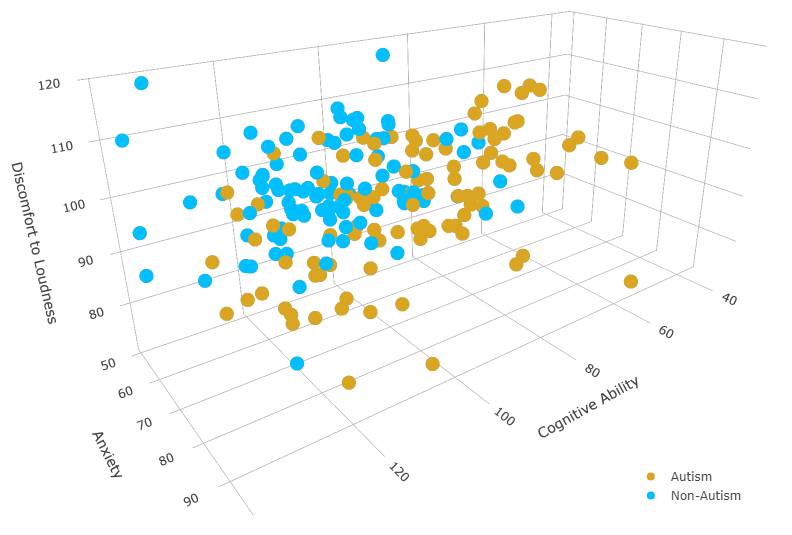Networking and Planning Careers
Have you heard the term “hidden curriculum” before? It refers to everything that is not explicitly taught in a place of learning. One important part of the hidden curriculum in a university – the setting where people are getting an education in preparation for undertaking a professional career – is how to actually go about getting a career. Universities teach people academic information – facts, theories, and so forth. Information about how the world works. We don’t really discuss how…


